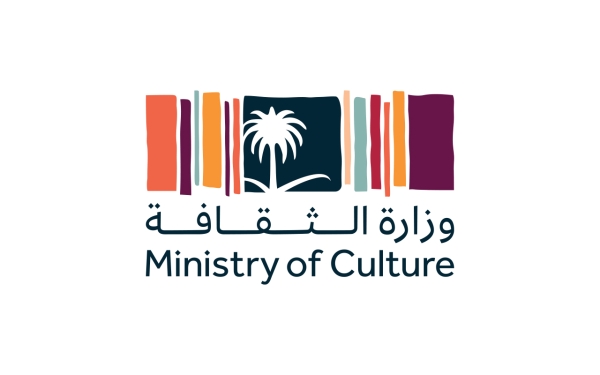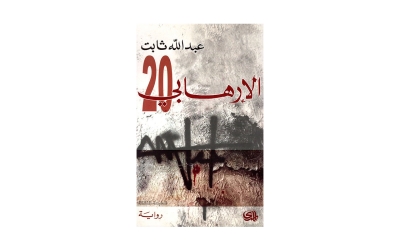

The Third Saudi Writers Conference marked the third edition of the Saudi Writers Conference, organized by the Ministry of Culture and Media (now the Ministry of Culture) in Riyadh, the capital of the Kingdom of Saudi Arabia, at the King Fahd Cultural Center. The conference, held under the theme "Saudi Literature: Issues and Trends," took place on December 14, 2009, and lasted three days.
The conference was inaugurated on behalf of the Custodian of the Two Holy Mosques, with the opening speech delivered by the Minister of Culture and Media at the time, Abdulaziz Khoja. Abdulaziz al-Subail, the head of the conference, delivered the speech of the organizing committees, while Khayriyah al-Saqqaf delivered the speech of the participants. The opening poem was recited by Saleh Bin Saeed al-Zahrani.
Literary research at the Third Saudi Writers Conference
The Scientific Committee of the Third Saudi Writers Conference approved fifty research papers after a thorough review. These papers were presented by Saudi and Arab researchers, including eleven female researchers, and covered ten key themes under the conference's main topic, including Literature and National Identity, Literature and the Culture of Tolerance, Literature and Cultural Institutions, Literature and Education Curricula, Literature, and the Media, New Creativity, Electronic Creativity, Translated Saudi Literature, and Critical Studies. These research papers were presented across sixteen sessions. The conference concluded with a poetry evening titled "The Homeland in the Eyes of Poets," featuring twenty male and female poets representing Saudi Arabia's diverse geographical and artistic landscape. A cultural salon, al-Iwan al-Thaqafi, was also held at the researchers' residence on the conference's sidelines.
Recommendations of the Third Saudi Writers Conference
The Third Saudi Writers Conference made several recommendations, including urging relevant entities to support the establishment of a writers' association, creating a writers' fund financed by both government and private institutions, and enabling writers, intellectuals, and artists to dedicate time to producing creative works under relevant regulations supervised by the Ministry of Culture and Media (now the Ministry of Culture).
The conference also recommended activating the State Prize in Literature, which had been approved for reinstatement, and establishing additional cultural and creative awards. It emphasized the importance of government entities implementing the Council of Ministers resolution of 2008 to approve regulations for participation in cultural events and conferences, domestically and internationally, and to allow employees to attend them. Furthermore, the conference advocated increasing government subsidies for literary clubs and artistic associations to expand their establishment.
Honoring researchers at the Third Saudi Writers Conference
During the opening ceremony of the Third Saudi Writers Conference, eleven Saudi researchers were honored for their works and studies on literature in Saudi Arabia published before 1986. These researchers included Ibrahim al-Fawzan, Hassan al-Huwaymil, Hassan Bajouda, Abu Abdulrahman Bin Aqil, Abdullah Bin Idris, Abdullah Abu Dahesh, Abdullah al-Ghudhami, Abdulali Al Yousef, Mohammed al-Shamikh, and Mishaal al-Harthi.
The conference also honored the officials of the first and second conferences namely: Dr. Mohammed Abdu Yamani, Dr. Suhail Bin Hassan Qadi, Dr. Mohammed Ziyyan Omar, and Dr. Mohammed Mareisi al-Harthi.
Additionally, former presidents of literary clubs were presented with the third edition of the conference's commemorative shield. Those presidents are Ali Bin Hassan al-Abadi, Mohammed Bin Abdullah al-Humaid, Hassan al-Huwaymil, Abdulfattah Abu Madian, Rashid Rajeh al-Sharif, Abdulrahman al-Obaid, Hejab al-Hazmy, Saad al-Malaise, Rashid al-Amer, Mohammed Omar Arafah, Mohammed al-Rabee, Naeem al-Saho, Dr. Hassan Hejab Al-Hazmy, Abdulrahman al-Deran, Mohammed Zayed al-Alma'i, and Dr. Mohammed Abdulaziz al-Najem.
Related quizzes
Related articles

